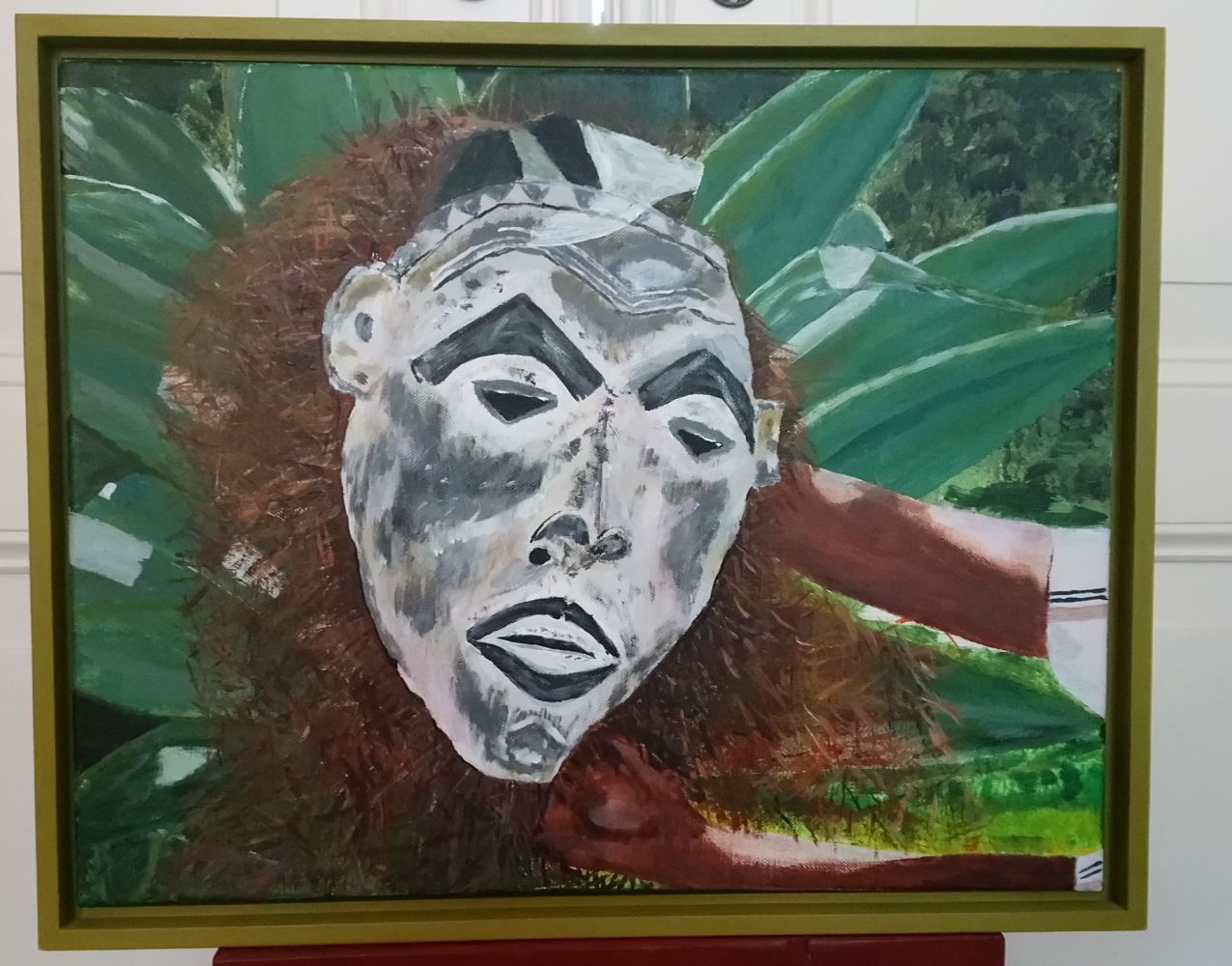RM* selects the most important events in the field of colonial collections and restitution. Events in the future are listed as much as events from the recent past, provided the latter are of interest to users of the website.
Every event item is provided with
